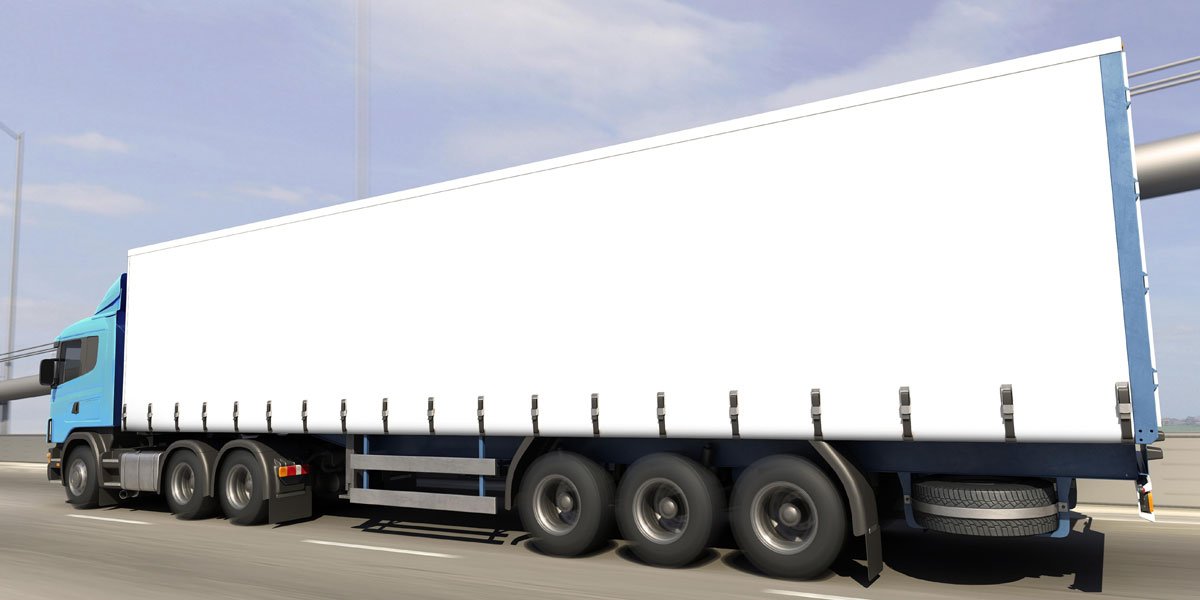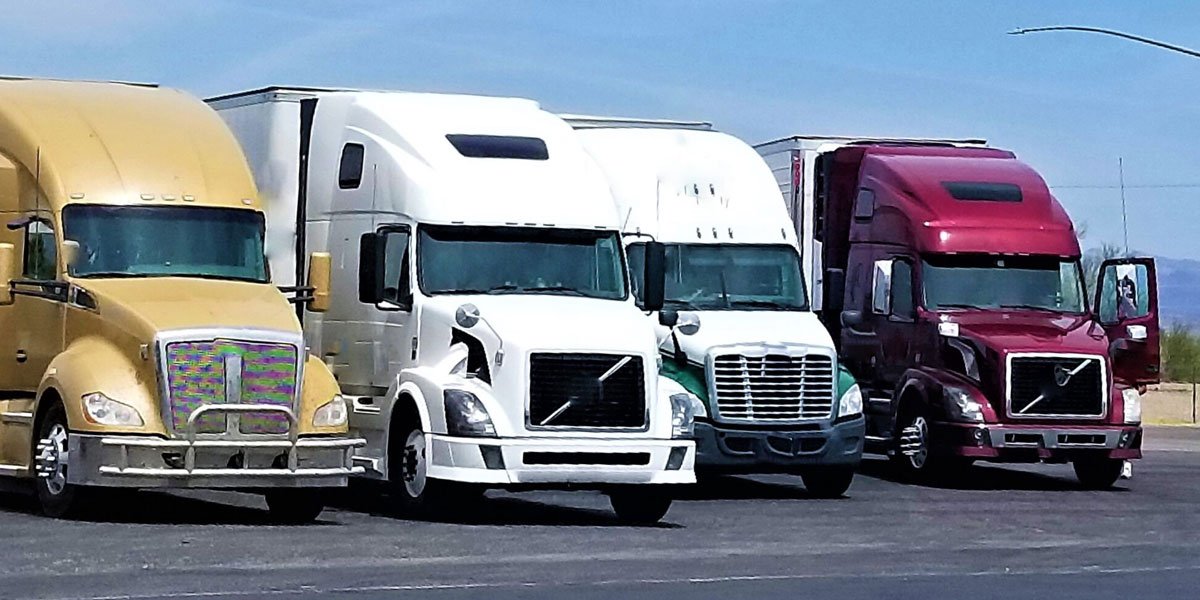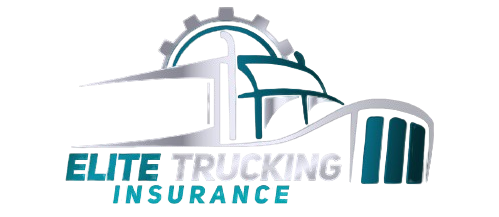Understanding Commercial Truck Liability Insurance
In today’s interconnected global economy, the efficient movement of goods is essential for businesses to thrive. Elite International Insurance Services recognizes that the security of transported cargo is paramount, and that’s where commercial truck cargo insurance comes into play. This blog post aims to delve deep into the intricacies of this insurance type, providing insights and information that can empower businesses to make informed decisions regarding their cargo protection strategies.
Coverage Options and Types of Cargo
Commercial truck cargo insurance comes with a suite of coverage options designed to address the diverse needs of businesses. This can include protection against theft, damage from accidents, natural disasters, and other unforeseen events. Cargo types vary greatly, from perishable goods to hazardous materials, each requiring specific considerations. For example, the coverage needs for perishables might extend to temperature-related damage, while hazardous materials necessitate adherence to regulatory requirements and safety standards.
Factors Affecting Cargo Insurance Premiums
Several factors contribute to the calculation of cargo insurance premiums. The value of the cargo is a significant consideration, as higher-value cargo typically involves greater risk exposure. The nature of the cargo itself matters—hazardous materials might incur higher premiums due to the associated risks. The distance the cargo travels and the route taken also influence premium rates. Security measures, such as tracking systems and secure parking, can lead to reduced premiums by demonstrating a commitment to risk mitigation.
Coverage Limits and Deductibles
Coverage limits represent the maximum amount an insurance company will pay out in the event of a claim. These limits need to be thoughtfully aligned with potential losses to ensure adequate coverage. Deductibles, on the other hand, are the out-of-pocket expenses the insured must cover before insurance kicks in. Finding the right balance between coverage limits and deductibles is crucial; too low, and businesses risk inadequate coverage; too high, and they might face financial strain in the event of a claim.

Common Exclusions and Additional Coverage Options
While commercial truck cargo insurance offers comprehensive protection, there are exclusions that businesses should be aware of. Exclusions might include damage due to improper packaging, normal wear and tear, and unattended cargo. To address specific needs, businesses can explore additional coverage options. These might encompass coverage for refrigeration breakdown, theft prevention measures, and even protection against acts of terrorism or political unrest in certain regions.
Claims Process and Documentation
In the unfortunate event of cargo damage or loss, a streamlined claims process is crucial. Businesses should initiate the claims process promptly and provide detailed documentation, including bills of lading, inspection reports, and photographic evidence of the damage. Accurate and comprehensive documentation expedites the claims resolution process, leading to quicker settlements and reduced disruptions to operations.

Tips for Minimizing Cargo Risks
Prevention is key to minimizing cargo damage or loss. Implementing proactive measures can substantially reduce risks during transit. Proper cargo securing practices, driver training, and meticulous route planning contribute to safer transportation. Integrating technology such as GPS tracking and temperature sensors enhances cargo monitoring, providing real-time insights into the condition and whereabouts of cargo.
Choosing the Right Cargo Insurance Policy
Selecting the appropriate cargo insurance policy requires careful consideration of a business’s unique needs. Factors such as cargo value, transportation routes, and specific risks must be evaluated. Engaging with insurance experts, such as those at Elite International Insurance Services, can provide valuable guidance in customizing a policy that aligns with a business’s requirements. By securing the right coverage, businesses can rest assured that their assets and reputation are safeguarded.
Conclusion
In an interconnected world where businesses rely on the seamless movement of goods, cargo insurance becomes a strategic necessity. Elite International Insurance Services is committed to helping businesses navigate the complexities of cargo insurance, providing tailored solutions to protect fleets and valuable cargo. By partnering with us, businesses can safeguard their operations, minimize financial risks, and ensure the continued success of their ventures. Contact us today to explore comprehensive cargo insurance options that match your unique requirements.
Cargo Truck Insurance
What is cargo insurance?
Cargo insurance is a type of insurance that provides financial protection to businesses for their transported goods in case of damage, loss, or theft during transit.
How does cargo insurance differ from other truck insurance types?
While other types of truck insurance focus on vehicles and liability, cargo insurance specifically covers the goods being transported.
What factors influence cargo insurance premiums?
Premiums are influenced by factors such as cargo value, type of goods, distance traveled, route taken, and security measures in place.
What are coverage limits and deductibles?
Coverage limits determine the maximum amount an insurer will pay in a claim. Deductibles are the amount the insured must pay before coverage kicks in.
What are common exclusions in cargo insurance?
Exclusions may include damage from improper packaging, wear and tear, and unattended cargo. Each policy may have its own set of exclusions.
What additional coverage options are available?
Additional coverage options can include protection against refrigeration breakdown, theft, and coverage for hazardous materials or political risks.
How does the claims process work?
The claims process involves reporting the incident promptly and providing thorough documentation, such as bills of lading and inspection reports.
How can I minimize cargo risks?
Minimize risks by practicing proper cargo securing, driver training, route planning, and utilizing technology like GPS tracking.
How can I choose the right cargo insurance policy?
Evaluate cargo value, transportation routes, and risks. Consult with insurance experts to customize a policy that suits your business needs.









